National Parks and Sanctuaries in Maharashtra: Reference Guide (In 2 Volumes)
Synopsis
Volume one presents a profile of the entire State of Maharashtra and includes a consolidated account of the geographical, cultural, ecological features, emphasizing the natural resource status, use and conservation efforts made by the government and other institutions. National Parks and sanctuaries have reported 69.6% of the plant species that have been recorded for the State by Botanical Survey of India (BSI) in 2000. The Bombay Natural History Society (BNHS) published a gazetteer of Fauna of Maharashtra in 1974. In the present work no separate attempt was made to survey the fauna of np/ws. However on the basis of compilation (2003) of the data available on the fauna from various published papers and other sources, there is a clear evidence of increment of species records in certain groups. For example, there are 2% more mammals and 9% more amphibians recorded from np/ws over the total numbers reported for these groups for the entire State of Maharashtra by BNHS in 1974. If we compare the 1974 assessment with the survey done by ZSI for the whole of India in 1994, it seems that the percentage of mammals, birds, reptiles, amphibians, fish, arthropods and molluscs for Maharashtra out of the total number in India are respectively 24, 38,17,12, 5, 0.4 and 0.8. These figures indicate that the np/ws of the State of Maharashtra are biological treasure houses of the country. The chapter on wildlife management presents an overview of the network of np/ws and their administrative frame work and then proceeds to give a consolidated picture of the legal, administrative, biogeographic, biological, human presence, research and monitoring information. Volume II deals with individual National Parks and wildlife sanctuaries. After the enactment of the Wildlife (Protection) Act 1972, thirty one np/ws were notified in Maharashtra State. Eleven were added between 1997 and 2003 and understandably detailed management data for these was not available. The np/ws cover 5% of the land area of the state and hold within them sources of at least six major rivers and catchments of several minor rivers and seasonal streams. The Great Indian Bustard Sanctuary is the largest and extends over more than 8000 sq. km. Among others Melghat Sanctuary is large (788.75 sq. km), 27 are medium-sized (50-500 sq. km) and 10 are small (below 49 sq. km.). Together they account for less than 10% of each of the three biogeographic zones identified in Maharashtra.
Read more
50.40
45.36
$
56.00 $
Free delivery Wolrdwidе in 10-18 days
Ships in 2-4 days from New Delhi
Membership for 1 Year $35.00
Get it now and save 10%
Get it now and save 10%
BECOME A MEMBER
Books by the same author

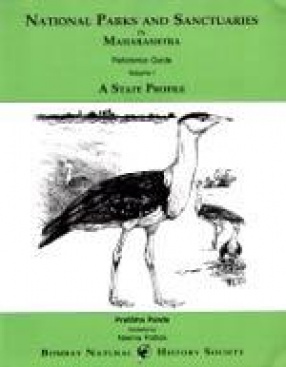

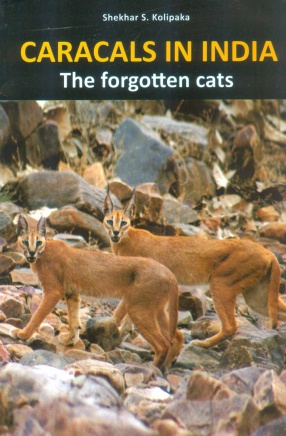
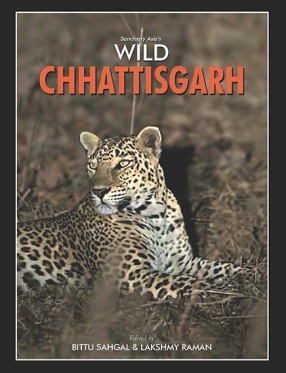
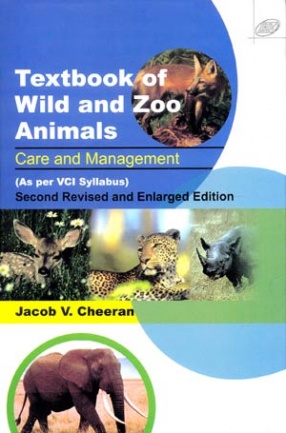
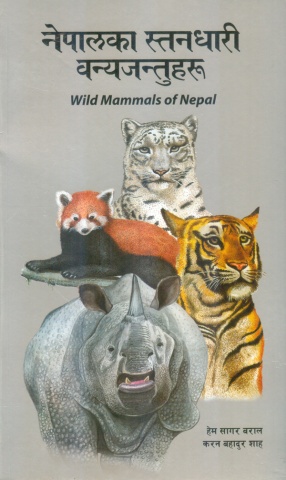

Bibliographic information